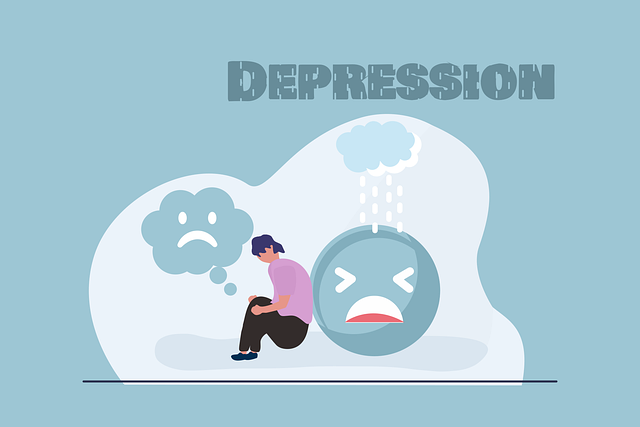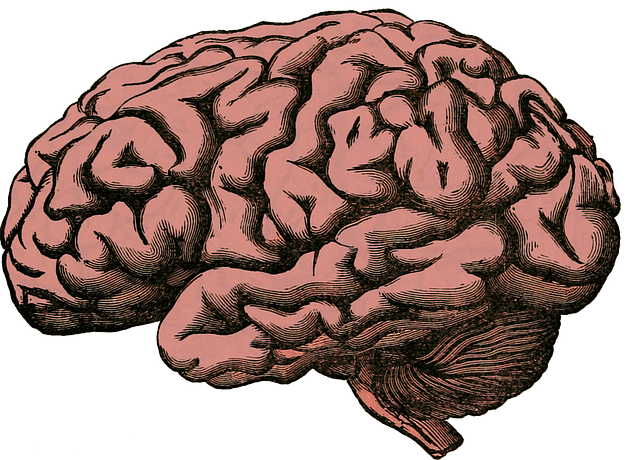Chronic stress harms both mental and physical health, but Arvada Cognitive Processing Therapy (ACPT) offers a revolutionary solution. This therapy transforms negative thought patterns into positive ones, improving overall well-being. By combining evidence-based practices with tailored support, ACPT empowers individuals to manage stress effectively, reduce anxiety, and foster resilience. It's a powerful tool in today's fast-paced world, promoting mental health awareness and personalized strategies for balanced living.
Stress reduction is an essential aspect of maintaining holistic well-being. In this article, we explore various methods to alleviate stress and its profound impact on our lives. We delve into the power of Arvada Cognitive Processing Therapy (APT), a groundbreaking approach that transforms negative thought patterns. Additionally, we offer practical strategies for daily stress reduction, empowering folks to navigate life’s challenges with resilience and tranquility. Discover how these techniques can revolutionize your mental health journey.
- Understanding Stress and Its Impact
- Exploring Arvada Cognitive Processing Therapy (APT) as a Powerful Tool
- Practical Strategies for Daily Stress Reduction
Understanding Stress and Its Impact

Stress is a natural response to challenging situations, but when it becomes chronic, it can significantly impact both mental and physical health. It’s essential to recognize that stress isn’t merely a fleeting emotion; it is a complex process involving physiological and psychological reactions. The human mind and body go through various changes during stressful events, often referred to as the “fight or flight” response. This biological mechanism prepares an individual for potential danger by increasing heart rate, blood pressure, and energy levels. While this short-term response can be beneficial in survival situations, prolonged activation of this system due to consistent stress can lead to serious health complications.
The impact of chronic stress extends far beyond the momentary discomfort it may cause. It is linked to a range of issues, from anxiety and depression to cardiovascular diseases and weakened immune systems. In today’s fast-paced world, where demands on our time and mental energy are ever-increasing, finding effective stress reduction methods has become crucial for maintaining overall well-being. Moreover, therapies like Arvada Cognitive Processing Therapy offer promising approaches to not only managing stress but also building resilience against its adverse effects. By targeting negative thought patterns and teaching individuals healthier coping mechanisms, such therapy contributes to Mental Health Awareness and plays a vital role in Mental Illness Stigma Reduction Efforts.
Exploring Arvada Cognitive Processing Therapy (APT) as a Powerful Tool

Arvada Cognitive Processing Therapy (APT) has emerged as a powerful tool in the field of mental health, offering a unique and effective approach to stress reduction. This therapy focuses on transforming negative thought patterns into more positive and adaptive ones, thereby improving an individual’s overall well-being. By exploring cognitive processes, APT helps individuals identify and challenge their unhelpful beliefs and behaviors, leading to significant changes in emotional responses to stressful situations.
The effectiveness of APT lies in its ability to enhance public awareness campaigns related to mental wellness and even inspire the production of Mental Wellness Podcast Series. Through systematic risk assessments for mental health professionals, this therapy ensures that individuals receive tailored support. By integrating evidence-based practices, APT has proven to be a game-changer in managing stress, offering long-lasting benefits for those seeking to revolutionize their mental health journey.
Practical Strategies for Daily Stress Reduction

In today’s fast-paced world, stress has become an all too common companion. However, there are practical strategies to combat this daily. One effective approach is incorporating techniques like Arvada Cognitive Processing Therapy (ACPT). ACPT helps individuals identify and challenge negative thought patterns, fostering a more positive outlook and reduced stress levels. By teaching resilience building skills, it empowers folks to navigate life’s challenges with enhanced coping mechanisms.
Additionally, cultivating positive thinking plays a pivotal role in stress reduction. This involves reframing negative experiences as opportunities for growth and practicing mindfulness to stay grounded in the present moment. For mental health professionals, risk assessment is crucial; understanding personal triggers and developing personalized strategies can significantly contribute to maintaining mental well-being. These practices, combined with ACPT, offer a holistic approach to managing stress, ensuring a more balanced and resilient lifestyle.
In light of the above discussions, it’s clear that stress reduction is a multifaceted approach. While understanding stress and its impact serves as the foundational step, leveraging powerful tools like Arvada Cognitive Processing Therapy (APT) offers effective long-term solutions. By combining these methods with practical daily strategies, individuals can navigate life’s challenges more resiliently, fostering better mental health and overall well-being.














